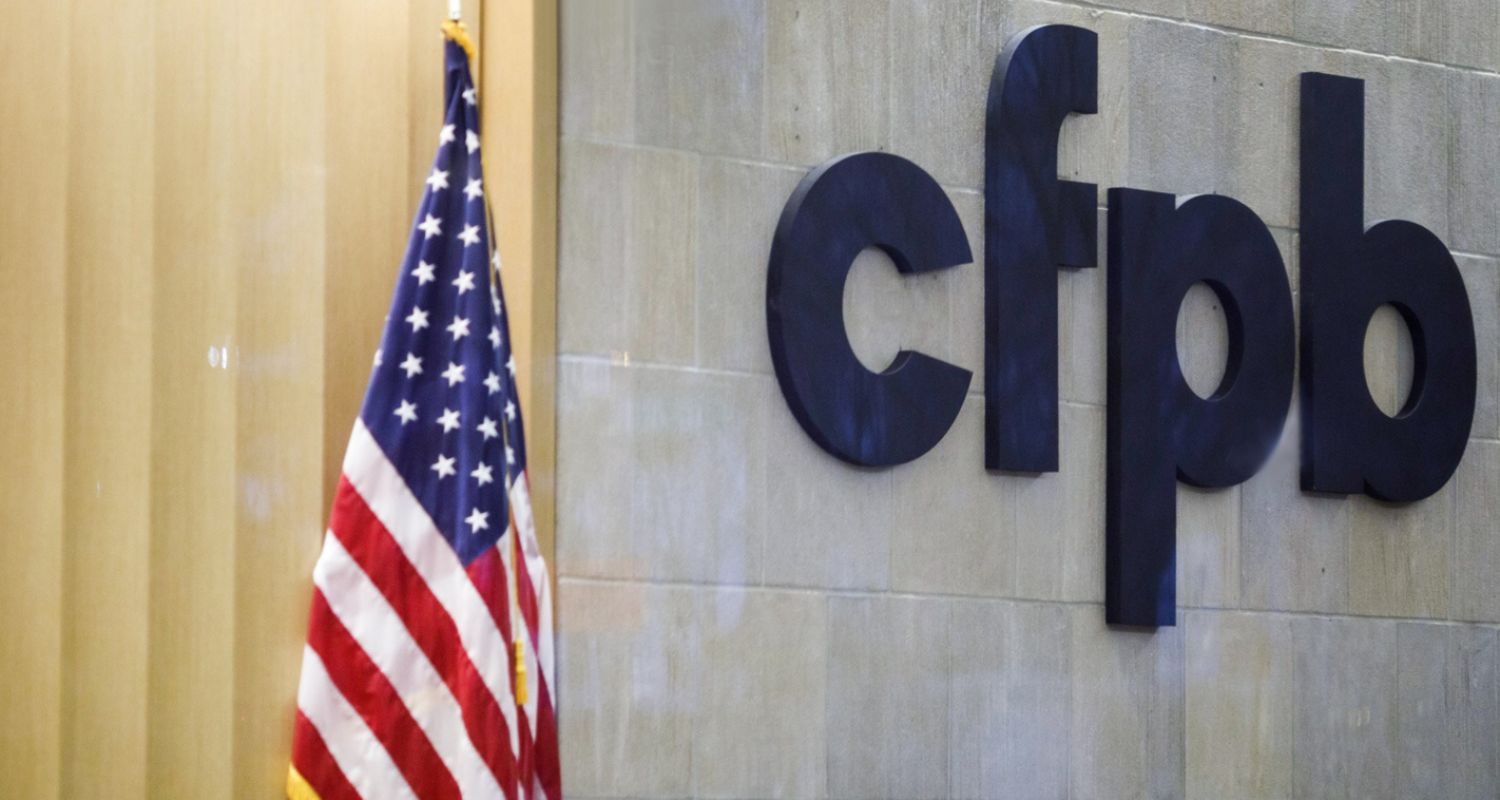In a recent development, a federal appeals court judge faced scrutiny regarding his involvement in a lawsuit concerning credit card late fees due to his son’s ownership of Citigroup stock. However, a judicial ethics panel has ruled that there is no need for his recusal from the case, offering insights into the decision-making process behind such determinations.
Ethical Considerations and Judicial Guidance
U.S. Circuit Judge Don Willett, a member of the 5th U.S. Circuit Court of Appeals, sought guidance from the U.S. Judicial Conference’s Committee on Codes of Conduct following concerns raised by the Consumer Financial Protection Bureau (CFPB).
The CFPB argued that Judge Willett’s son’s ownership of Citigroup stock might present a conflict of interest, potentially influencing the outcome of the lawsuit. This concern emerged shortly after Judge Willett delivered an opinion on the case, disputing a trial judge’s decision to transfer the proceedings.
Assessment of Financial Interests
In response to the raised concerns, Judge Gerald McHugh, acting as the chair of the Committee on Codes of Conduct, issued an advisory opinion.
Judge McHugh examined the potential impact of the case on Citigroup’s stock and concluded that any influence would be indirect and contingent. He emphasized that the mere possibility of market fluctuations affecting the stock did not constitute a direct financial interest necessitating recusal.
Implications of the Ruling
The ruling signifies that Judge Willett is cleared to continue presiding over the lawsuit despite his son’s ownership of Citigroup stock. This decision is crucial as Judge Willett is also slated to be part of the three-judge panel responsible for adjudicating a related request to block the CFPB rule on credit card late fees.
Had he been recused, it would have altered the composition of the panel and potentially affected the outcome of the case.
CFPB Rule on Credit Card Late Fees
The lawsuit revolves around a rule established by the Consumer Financial Protection Bureau aimed at curbing what it deems as “excessive” late fees charged by credit card issuers. According to the CFPB, these fees impose a significant burden on consumers, amounting to an estimated $12 billion annually.
Under the new rule, credit card issuers with over 1 million open accounts are restricted to charging a maximum of $8 for late fees, unless they can substantiate the need for higher fees to cover their expenses. This regulation marks a departure from previous practices, where issuers could impose late fees of up to $30 or $41 for subsequent violations.
Industry Response and Future Proceedings
The Chamber of Commerce and the American Bankers Association, among others, have contested the CFPB rule, leading to legal challenges such as the ongoing lawsuit presided over by Judge Willett.
The outcome of this litigation holds significant implications for both financial institutions and consumers, shaping the landscape of credit card late fee regulations moving forward. As the legal proceedings unfold, stakeholders await further developments that could impact the enforcement and interpretation of the CFPB rule.
Conclusion
In conclusion, the judicial ethics panel’s decision to allow Judge Willett to continue overseeing the lawsuit underscores the complexities involved in adjudicating cases where potential conflicts of interest arise. With the legal process ongoing, the focus remains on upholding impartiality and ensuring fair deliberations in matters of significant public interest and regulatory impact.

